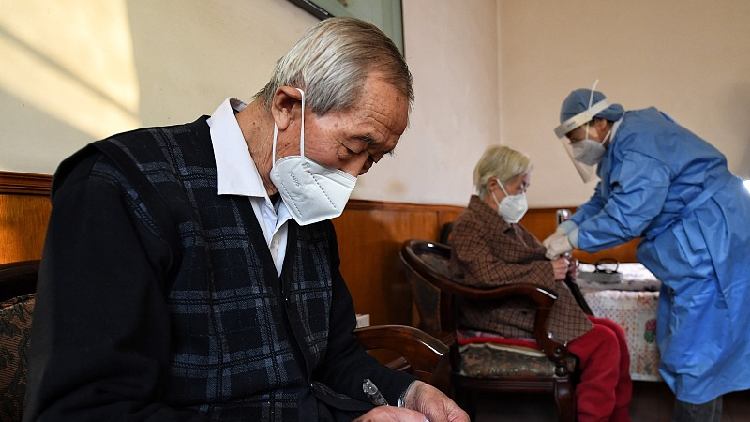City Council hears compromise on giving COVID hazard pay to some former employees | ClarksvilleNow.com


CLARKSVILLE, TN (CLARKSVILLE NOW) – The debate over whether to extend COVID-19 hazard pay to former city employees has led to a compromise solution.
Employees who worked for the city between March 1, 2020, and March 1, 2022, were eligible for premium pay, as long as they were still current employees in March 2022 when the checks were issued. The city has over 1,500 employees, and hundreds resigned, retired or died during that period before the March 2022 cutoff date.
At a special-called meeting Monday night, Clarksville City Council member Travis Holleman presented a proposal to extend the premium pay of up to $7,500 each to former employees who retired or to the surviving family members of employees who died, but not to employees who resigned.
“From a management perspective, I don’t see this as anybody’s fault,” Holleman told Clarksville Now after the meeting. “I just see that we have this dilemma and this is the best way from a management perspective to correct it.
“If we were to pay everybody that resigned, we simply don’t have the funds,” he said. “Ultimately if someone is working for the city, and they say, ‘Well, somebody jumped ship in the middle of the worst times possible, and they’re going to receive (premium) pay, then what incentive do I have for having loyalty to the city?’”
How we got here
Prior to Holleman presenting his compromise, City Chief Financial Officer Laurie Matta gave the council an overview of all the communications and decisions that led up the premium pay system the city implemented.
She said the intent of the premium pay for current employees was “due to the interpretation of the ARPA funding as a recovery effort, (that) premium pay should be an incentive provided for all the hard work they performed and continued to perform for the city.”
Matta pointed out that the Horne Group, which assisted the city in planning how to use state and federal COVID relief funds, have said they aren’t aware of any other city or county in Tennessee that was giving premium pay to former employees. Montgomery County, in fact, limited their premium pay to employees who were on the books when the pay was distributed.
When discussing why Clarksville is such an outlier in considering the idea, Matta explained that it’s likely rooted in an email accident.
Earlier this year, an email was sent to active city employees that explained their eligibility for premium pay. But that email was inadvertently sent to a distribution list that also included inactive employees, Matta said. It did include a statement at the bottom that the pay was only for inactive employees, but many people didn’t read that part.
“That’s what started, I believe, this mess,” she said.
Possible solution: Pay study
Councilperson Wanda Allen asked what could be done to extend the pay to all former employees who worked during any part of COVID, which could cost almost $5 million.
Matta said the only option she was aware of would be to kill the $2.7 million expected to be needed for employee raises after the city pay study, intended to raise all city employee pay to more competitive levels.
But Matta said that would be unwise.
“It’s critical,” Matta said of the pay study, citing that Clarksville is losing employees to the private sector and even to smaller governments like Ashland City that are paying more. “That’s a little sad if you ask me,” she said.
Compromise solution
Holleman presented rough numbers to show how much it would take to extend premium pay to the three main groups of former employees who worked during the timeframe but left before the cutoff date:
- To those who resigned: $4.5 million
- To retirees: $380,743
- To families of those who died: $52,509
His compromise would not cover those who resigned. It would cover those who retired and the families of those who died, which would total just over $433,252.
He proposed amending the city budget to redirect $250,000 in ARPA funds that had been designated for the Greenspace Qualified Census Tract project; use unallocated funds of $138,281; and use $44,971 from the General Fund.
Holleman said he’ll present the proposed solution at the next City Council meeting, Sept. 29, at 4:30 p.m. in the City Council Chambers, 1 Public Square.



